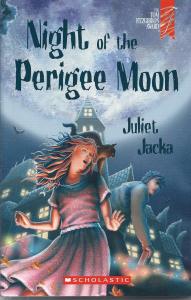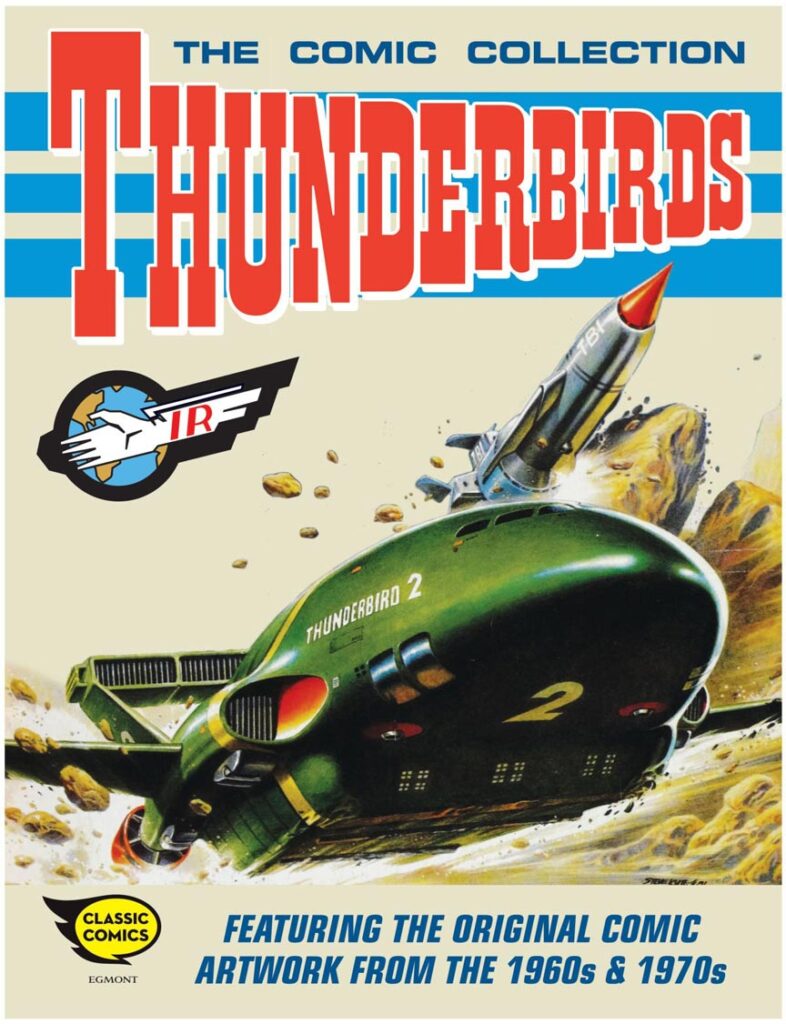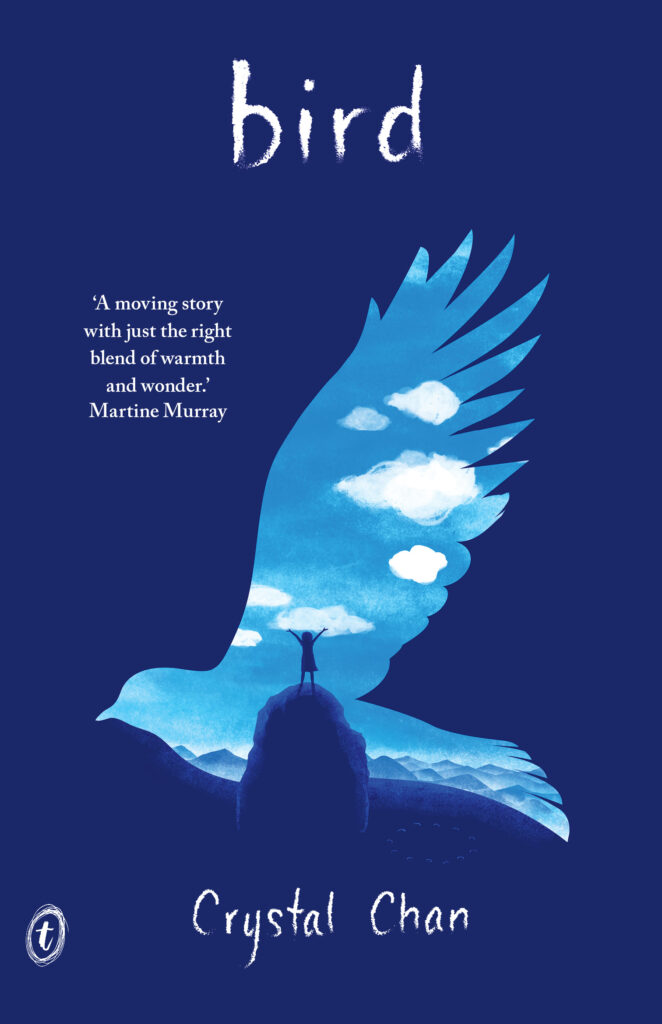Juliet JACKA Night of the Perigee Moon Scholastic (NZ), 2014 206pp NZ$19.50 pbk ISBN 9781775432036 SCIS 1651258
Coming-of-age can be a very disturbing period of time but when it is ritualised and is a significant event in a warring family, then it can become a site of great contestation. This is young Tillys’ dilemma but there is a more profound cause for her sense of foreboding: this event is a time when her true Angelica gifting becomes known.
Tilly recalls family histories of the strange and weird talents of other family members (like a large nose and the ability to smell all things or the ability to float and disappear forever). What will be her gift? She is loath to think about this and instead tries to be as ordinary as possible. After all, though her mother is a true Angelica, her father is a Spark, signifying perhaps being normal.
All her relatives come together and the games begin. However, when Prosper (a distant cousin) walks in, a seemingly ordinary man, Tilly’s cat Kit reacts strangely and with fury. It is not a long time later when Tilly discovers her gifting: the ability to talk with animals! Over time they discover that Prosper, an enchanter, has a great grudge on his shoulder and is determined to use the occasion of her ‘coming-of-age’ event (the night of the perigee moon) to enchant the family and sign over the manor house to him. However, he doesn’t calculate on the power and ability of Tilly (and her relationships with animals), her brother Fergal, her best friend Olivia and her twin cousins and their collective ability to create chaos and overcome the forces of evil.
Winner of the 2013 Tom Fitzgibbon Award for a previously unpublished writer, Juliet Jacka demonstrates a gifting too of writing a fascinating fantasy that could encourage children to think about the tensions between the ordinary and the extraordinary when it comes to being who one is and utilising the different gifting that we have, individually and collectively.
reviewed by John McKenzie





